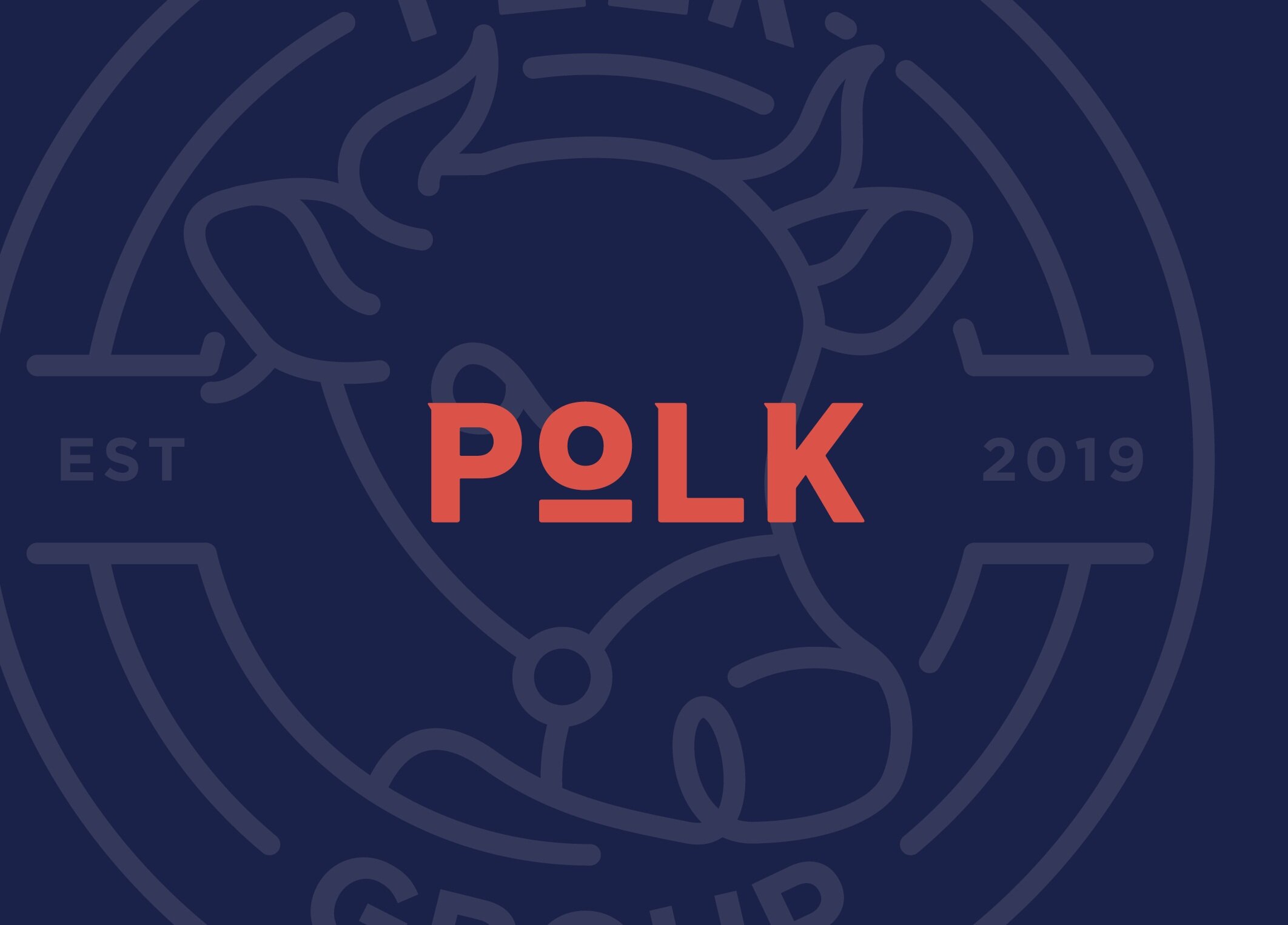The Beginning
Great stories have powerful stories of origin. Think of a Marvel Superhero. He/She undoubtedly has a powerful origin story that led to the formation of their super journey. The POLK Group believes there is a different kind of entrepreneurship that can be practiced for the benefit of our society: redemptive entrepreneurship. Our origin story starts there.
How is redemptive entrepreneurship different than any other kind of entrepreneurship? Venture capital backed for-profit entrepreneurs might prioritize financial returns to investors to advance their growth. Non-profit entrepreneurs might prioritize the beneficiaries they serve. Social impact entrepreneurs might prioritize societal and community stakeholders. Triple bottom line companies might try to straddle financial and social impact to balance the often competing interests of the most influential stakeholders. All of these attempts at entrepreneurship (for-profit, non-profit, social impact, triple bottom line) elevate or prioritize the stakeholder with the most influence.
But who prioritizes the interest of the least influential stakeholder? Why is there no form of entrepreneurship that prioritizes the needs of the blue collar hourly worker quietly working in the background, honing their craftsmanship on the manufacturing floor?
I love how the author Matthew B. Crawford in his book “Shop Class as Soulcraft” beautifully states: “The satisfactions of manifesting oneself concretely in the world through manual competence have been known to make a man quiet and easy. They seem to relieve him of the felt need to offer chattering interpretations of himself to vindicate his worth. He can simply point: the building stands, the car now runs, the lights are on. Boasting is what a boy does, because he has no real effect in the world.”
The POLK Group will invest in future craftsmen and craftswomen and curate opportunities for them to collaborate with other entrepreneurs. We will create mentorship programs starting with middle schoolers living in impoverished census tracts that lead to apprenticeships with high schoolers that in turn eventually lead to full-time, flourishing jobs in POLK Capital companies. The biggest constraint to the kinds of companies POLK Capital is acquiring is not a shortage of business opportunity, but a shortage of qualified talent to pursue those opportunities. Our experience working with these next generation future craftsmen and craftswomen has led us to design a workforce development strategy this is part of every redemptive acquisition thesis we build. We have a network of relationships in public K-12 education sector to build a future talent pipeline directly into the jobs of the companies we acquire.
We have a vision to completely eliminate the effects of poverty in the communities we invest in but we recognize that the school to college to work pipeline works only for a privileged few and is mostly broken for the poorest segments of our society. Our vision would be to build a school to sustainable job pipeline that avoids accumulating massive college debt or periods of unemployment because we start with these future workers early enough (middle and high school, community college) that they never start or become unemployed.
POLK Capital will grow the companies we invest in by creating a future talent pool that is employable in “middle-skill” jobs that we’ve apprenticed and trained them in. We believe that by investing in the long term flourishing of the people we employ we will achieve long term returns on investment that are superior in the marketplace of returns for investors. We believe that by extending the timeline we hold our investments from the typical 3-5 year time frame to much longer (i.e. forever is ideal), the long term appreciation and growth that will accrue will be superior to any of the short to mid term opportunities in the marketplace.
We will house this vision at our company’s headquarters, POLK Stables.

